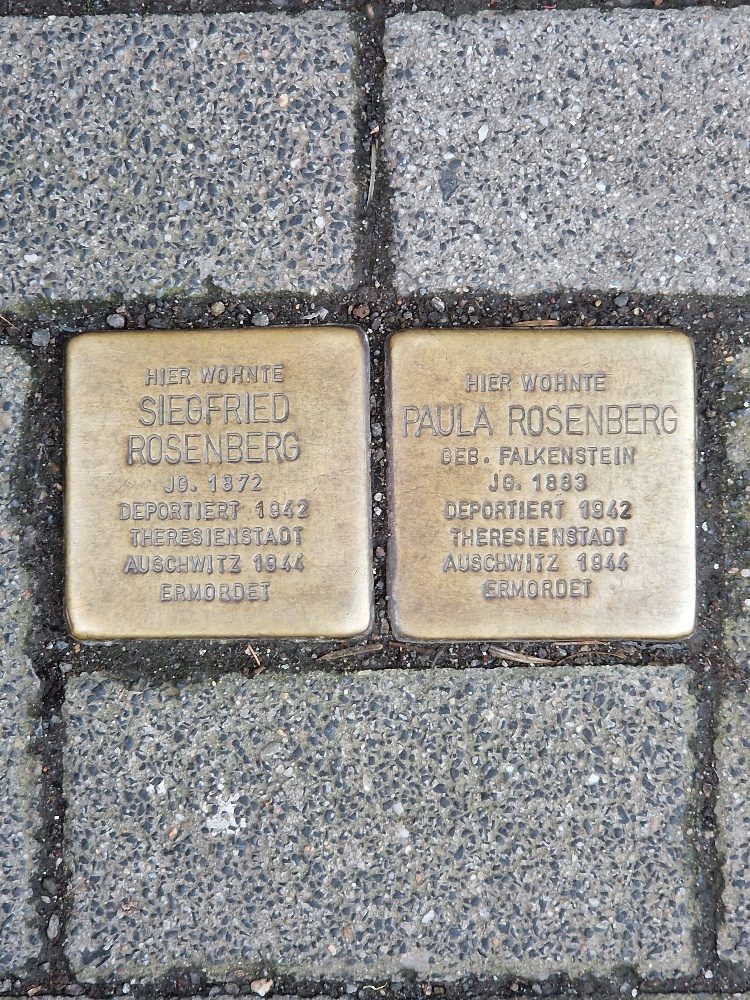This, above all: to thine own self be true. And it must follow, as the night the day, Thou canst not then be false to any man.
William Shakespeare, Hamlet
How to remain true to self without being selfish? How to remain true to self without becoming selfless?
Dr Alan Berger – 12 Essential Insights for Emotional Sobriety
True happiness and fulfilment come from within, not from external circumstances.
Anne Wilson-Schaef
Co-dependence is the inability to remain rooted in my own power when I enter relationship.
Heard in a CoDA meeting (Co-Dependents Anonymous)
One of the major challenges of my life is how to stay grounded in the energies of Self while in the presence of another! The closer that other person is to me, emotionally and spiritually, the more exacting the challenge seems to be.
It is precisely because you mean so much to me that the centrifugal forces, – old fears of abandonment or anxious fixations on specific outcomes, – threaten to overwhelm their centripetal counterparts.
A further key factor is the stress in which one or both parties to the relationship find themselves at any given moment. When hearts are broken and raw, when old insecurities are re-awakened, when we are hijacked by our Saboteurs, whenever we are struggling, the potentiality of abandoning and being abandoned increases.
With practices of awareness, mindfulness, and relaxation, such as those found in the Twelve Step recovery programme or the PQ Mental Fitness modality, we can identify and disentangle from the demons of the past or the Saboteur contagion of the moment.
By finding our feet on the ground of the present moment, we can listen deeply, without trying to save or fix the other, or be a „teacher“, „therapist“, or „healer“.
We can simply be present without giving in to the urge to provide unsolicited advice. We thus avoid the trap of indirectly discounting our interlocutors by trying to force-feed them well-meaning „fixes“ which have worked for us, or even second-hand solutions, regurgitated from our arsenal of self-help books, or the endless stream of recently heard podcasts from the online relationship gurus currently in vogue.
While we make room for the other, we need to tend gently to ourselves.
To bring empathy here while offering empathy there and not getting the two entangled; this is a high art. To no longer abandon myself for another in co-dependency. Yet to no longer abandon another to protect myself when the fear-propelled Saboteurs are on the march.
The aspiration is to find the loving middle ground where deep listening can happen. Where painful truths can be explored and perceptions that activate deeply stored pain from an earlier era can be shared. Where true connection can grow. Where old wounds (trauma) can emerge into a safe space between the two. Where healing can happen, and love can blossom without trying „to do“ anything, whether this effort is to heal or to love.
„Being“ forms the hallowed ground on which the loving togetherness of human beings unfolds.
When we succeed in this new way of being, we experience a new quality of connection through tranquil silence, vibrant presence, and deep relaxation. This facilitates healing through unconditional receiving. Meeting and touching each other in the unconfined space of Presence.
For those of us who grew up in dysfunctional family systems, fashioned by the energies of the Saboteurs, silence can be a very threatening sound. In my family of origin, in our household, what did silence mean to me?
The cacophony in our house full of children was often so unbearably loud that there was, on the one hand, a deep yearning for silence. In the family context, however, silence was often the container of passive-aggressive energies. It could be harbinger of chaos, sometimes in the form of an unpredictable emotional outburst or even physical violence. The build up to such eruptions is characterized by fear, terror, and deep insecurity – emotions familiar to me from our childhood nest.
So, the deeper I get into the silence, the more I anticipate the eruption. Avoiding silence at all costs can appear very enticing. Such attempts can be maintained over decades, through busyness or other forms of addictive habits and compulsive behavioural patterns.
At some point, however, we generally crash and burn. This turning point, in retrospect, is the moment of opportunity, an opportunity to stop running, to practice interoception and to choose – in self-actualization – another way of living. Every programme of self-actualization includes meditation, prayer, and contemplation, in some form or other.
Meditation, for us, becomes a deep, meaningful, and powerfully healing experience.
Silence, perceived as threatening, is also often linked with the experience of abandonment. Anybody who has experienced abandonment will know what a gut-wrenching experience it is. Abandonment elicits an array of coping mechanisms which keep our heads above water while we go through the tender, formative phase of life in which we have little or no life experience, or corresponding resources, to draw upon.
Later, having become somewhat resourceful, we can engage in an inventory of our coping mechanisms – which by now have become ingrained, self-perpetuating habitual patterns We do this to ascertain which are still fit for purpose, for what we now understand to be the purpose of our lives. Which are still serving us, and which are hindering us in our healing, growth, and further development?
As I listen, I hear more silence. Courage is required in order to persevere. And as I continue to listen to the silence, the silence becomes a source of higher wisdom.
In retrospect, we can come to appreciate the original childhood abandonment as the passport to the spiritual awakening which fuels our recovery.
For those of us who have suffered abandonment, the experience can be transformed into a spiritual boon. Abandonment is a hollowing out experience, leaving us feeling empty and void.
Vacuums, however, do not exist under natural conditions. When a space becomes empty, nature will fill it with some alternative matter. So it is with the inner vacuum created by abandonment.
It feels like a hole in the soul that is calling out to be filled. Many of us look to the outside world of people, places, and things to fill this void. Financial success, approval, temporal power, material security, and the like. In the final analysis, these attempts never deliver enduring satisfaction. They always leave us disillusioned and even more existentially famished.
After enough suffering, we come to realize that we have been playing a loser’s game. It goes by the title: „I’ll be happy when….„
By the time we reach what we think is the finish line, the posts have been moved, and we start from scratch again. This is repeated ad infinitum. This play book was written by the Judge Saboteur, which would like us to believe that the contents of the life we have right now are inadequate in terms of experiencing happiness.
With sufficient disillusionment, we see through this lie. Relieved of the illusion of being able to wrest happiness from life by means of „good behaviour“, we may begin to allow ourselves to sit with the feelings induced by the void.
Only then do we discover that standing in the void does not lead to annihilation, as we had always feared. We tarry, gradually recognizing that it can be filled only with Spirit, whereupon we may go searching „out there“ for the spirit to do the job. My own religious upbringing in catholic Ireland certainly pointed me in that direction. Again, disillusionment awaits us down that path.
If we are lucky, as the recipients of grace, we will make a discovery which will radically change our life: the Spirit which can fill this void already resides within. Only there can it be found.
The Buddhist void is sometimes described as emptiness without fear. Silence without fear would be another good way of putting it. In both the Twelve Step programme of recovery and my daily PQ Mental Fitness practice, I am getting glimpses of silence without fear.
When embraced, this emptiness becomes spaciousness, through which the entire gamut of human feelings –awe, wonder, and gratitude, grief, pain, and sorrow, sometimes even anger or rage, – constantly flow, as white clouds wander across the blue sky on a summer’s day.
Embracing the silent void while witnessing, without attachment, the free flow of thoughts and feelings, that is a lifetime’s work. It is the work of this moment.






